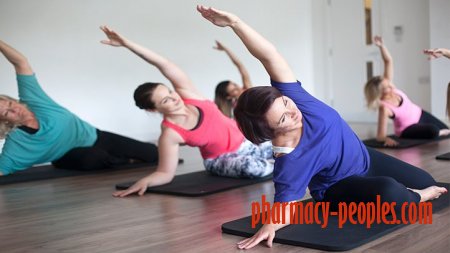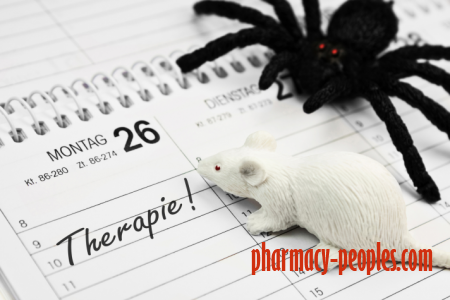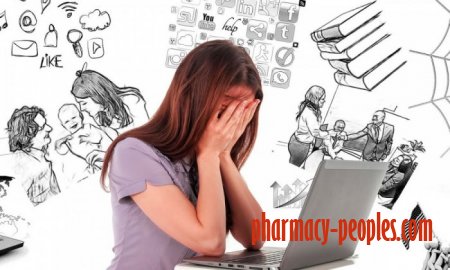If you have high blood pressure, you'll probably experience no signs or symptoms of the condition, even if you have extremely high blood pressure.
In very rare cases, and if blood pressure reaches dangerous levels, a person may get headaches or more nosebleeds than normal.
But in the majority of cases, there are no signs or symptoms of hypertension, which is why it has been dubbed the “silent killer.”
If high blood pressure goes undetected for a long period of time, the condition can damage your heart, blood vessels, kidneys, and other parts of your body.
For some people, it takes being diagnosed with coronary heart disease, stroke, or kidney failure to learn that they also have high blood pressure.






